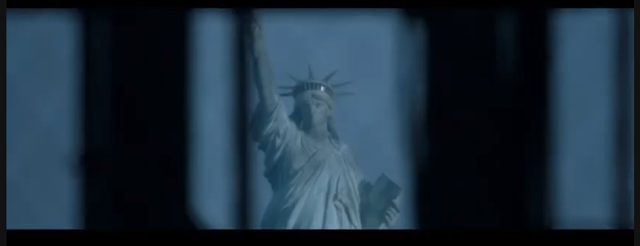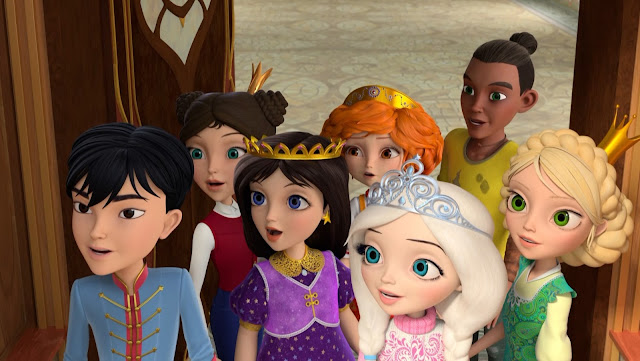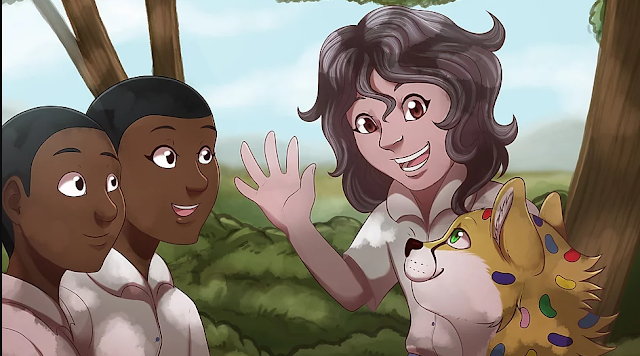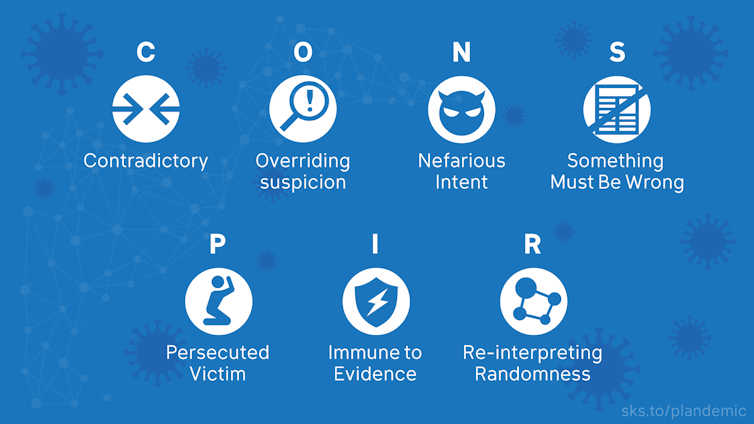 |
Free Comic Book Day 2020 to Take Place July 15 through September 9 (image via Free Comic Book Day site)
|
Scheduled to take place between July 15 and September 9, retailers will receive five to six Free Comic Book Day (FCBD) titles in their weekly shipments during each week of the promotional window. Release of these titles may vary from shop to shop, as retailers are encouraged to release the books as they see fit for their unique circumstances.
Retailers may release one free title a day, make all of that week's free titles available at once, or any other plan that works for them. Free Comic Book Summer is designed to be flexible and customizable so retailers and consumers can get the most out the event.
 |
| Available on July 15, FREE COMIC BOOK DAY 2020: X-MEN will feature a brand-new X-MEN story by Jonathan Hickman and Pepe Larraz that will lead into the game-changing X OF SWORDS crossover! The second story will also foreshadow an upcoming epic tale by Tom Taylor and Iban Coello. (image via Free Comic Book Day site) |
"Every year, Free Comic Book Day is our big event to thank current comics fans, welcome back former fans and invite those new to comics to join the fun," said Joe Field, originator of FCBD, and owner of Flying Colors Comics in Concord, CA. "In this very different year, Free Comic Book Day is more like Free Comic Book Summer... and there's so much fun to discover in this year's FCBD comics! So many cool stories are available for this stretched-out Free Comic Book Day 2020. I'm confident long-time fans and newcomers alike are going to find a story that'll make them want to visit their local comic shop every week! Fans, bring your friends and family and head to your local comic shop every week starting July 15 through September 9 to check out the new, and fantastic, free comics available that week!"
- Free Comic Book Summer will feature 45 of the previously announced titles from publishers like Marvel Comics, Image Comics, BOOM! Studios, Dark Horse Comics, IDW Publishing, Dynamite Entertainment, DC, and more!
- The 45 titles are designed to appeal to a broad range of tastes and run the gamut from superhero stories, to TV and movie tie-ins, to sci-fi adventures, all-ages tales, and beyond.
- There will also be two educational support titles from the Comic Book Legal Defense Fund and Gemstone Publishing.
A complete listing of all 45 FCBD titles, including the 10 Gold Sponsor and 35 Silver Sponsor comic books, can be viewed online at freecomicbookday.com.
 |
| On July 22, FREE COMIC BOOK DAY 2020: SPIDER-MAN/VENOM will provide two exciting tales connected to the coming major storylines in VENOM, AMAZING SPIDER-MAN and BLACK CAT from top creators Donny Cates, Ryan Stegman, Jed MacKay, and Patrick Gleason and more! (image via Free Comic Book Day site) |
- To view the weekly release schedule, click here.
SOURCE: Diamond Comic Distributors

































